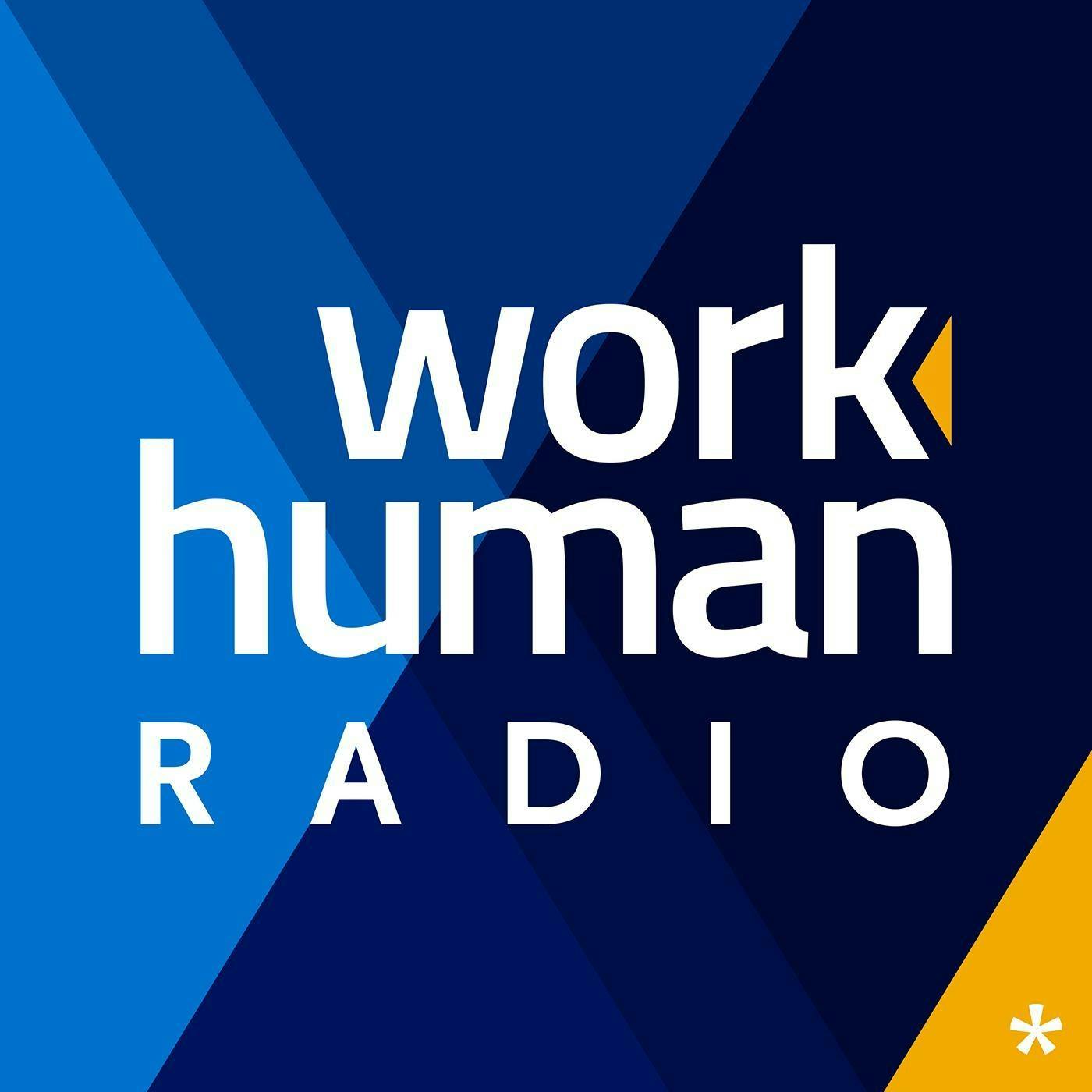Its Ok to be Happy at Work with Nataly Kogan

b"Author and speaker Nataly Kogan joins hosts Todd Schnick and Mike Todd to talk about happiness at work. Nataly came to the US from Russia as a refugee at age 13, feeling that she had been given a huge gift and that she in turn had to make something of herself. She realized that she felt happy when she achieved something, so she pushed herself to achieve more and more. She mentions that she saw happiness as something you earned as a prize for a life well lived. On the outside, she seemed to have it all, but every time she made an achievement, the happiness she was seeking only lasted for a moment. After 20-plus years, she burned out. She shares how she stumbled upon research on happiness and how it led her to her calling to help others thrive at work through The Happier Method.\\nHappiness Is Not a PrizeThe first core shift that Nataly had to make was to realize that happiness isn't a prize we get for doing certain things. Happiness is not an output of a life well-lived; it's actually one of the inputs into enabling us to do our best work. If we cultivate our emotional health we perform best at the things we care about.\\nHappiness Is a SkillAnother core principle Nataly teaches is that happiness isn't something you feel, it's something you do. It's a skill, and like any other skill, you get better at it by practicing more. When we practice these skills intentionally we build our emotional health, and our teams build a healthy culture so that we can thrive.\\nTwo Core PracticesTodd asks Nataly what steps employees and companies can take to start feeling and being happy. She talks about 2 of her favorite practices:Gratitude - There are more than 11,000 studies that prove that when you consistently practice gratitude as a skill, it makes you happier, more productive, more motivated and more resilient. Gratitude makes meetings more bearable and helps build more authentic relationships at work, which leads to more collaborative teams.Intentional Kindness -\\xa0 When you experience rudeness at work, you reduce your work effort by 50%, and when your quality of work is reduced, you are 50% less likely to come up with creative ideas, and 90% more likely to retaliate. Kindness is the antidote. Kindness makes you feel good; it is contagious; you are more likely to do something kind when you see or experience an act of kindness; and teams with a culture of kindness are more productive, energized and engaged. Practicing kindness intentionally creates an uplifting team atmosphere, a fabric of connection and psychological safety. People are open to sharing mistakes and failures which helps everyone improve.\\nChanging the CultureIn response to Todd\\u2019s question, Nataly explains how she convinces company leaders to embrace employee happiness as a way to improve innovation, creativity and productivity.\\xa0Nataly\\u2019s MissionTodd shares how looking through his gratitude journal helps him realize the good things that happen in his life. We have a negativity bias, Nataly says, so our brain is naturally attracted to what is negative. Gratitude is so powerful because it reverses the negativity bias and helps us focus on the positive and not take it for granted. Happiness is a lifelong practice but you also feel an immediate boost. The more you practice happiness, the stronger your long-term emotional health. Nataly stresses her mission is to democratize happiness. It's not just a nice idea, it's accessible to all of us and the only thing required is to change how we think about it and practice it.\\nResourcesHappier.comNataly\\u2019s book:\\xa0Happier Now - How to Stop Chasing Perfection and Embrace Everyday Moments (Even the Difficult Ones)"